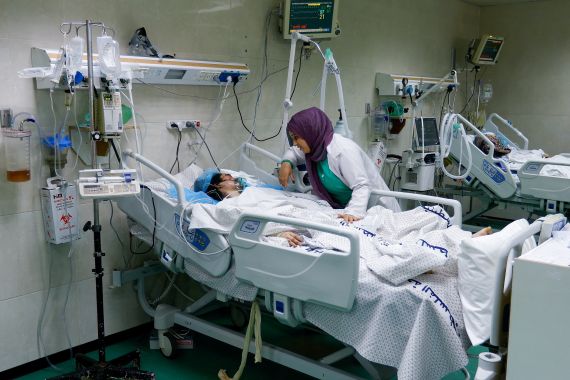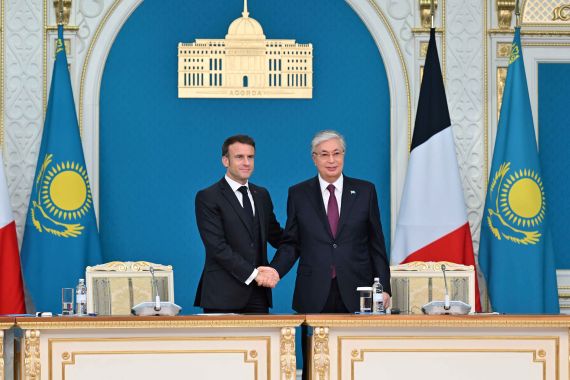The Turkish-Palestinian Friendship Hospital, the sole facility providing cancer treatment in the Gaza Strip, has been forced to suspend its operations due to an acute shortage of fuel. The hospital’s closure, a dire consequence of the continuing Israeli blockade, has sent shockwaves through the region. Gaza’s already strained healthcare system is now on the brink of collapse, with catastrophic consequences for patients and the population at large.
Crisis Deepens as Fuel Shortage Forces Closure of Vital Hospital
The Israeli blockade on Gaza has not only isolated the region but also severely limited access to essential supplies, including fuel, food, water, and electricity. At the same time, the Israeli military continues its relentless bombardment, pushing hospitals to their limits and medical workers to the brink. Against this grim backdrop, the Turkish-Palestinian Friendship Hospital, vital for cancer patients in the Gaza Strip, has been forced to cease its operations.
Hospital director Subhi Sukeyk made an impassioned plea during a press conference, stating, “We tell the world, ‘Don’t leave cancer patients to a certain death due to the hospital being out of service.'” This dire situation has placed the lives of 70 cancer patients in the hospital at serious risk, further exacerbating the already dire humanitarian crisis in Gaza.
Humanitarian Impact: Lives at Stake as Hospitals Cease Operations
The closure of the Turkish-Palestinian Friendship Hospital is a devastating blow to an already overwhelmed healthcare system in Gaza. Currently, 16 out of the Gaza Strip’s 35 hospitals are out of service, and more than 50 of the 72 primary healthcare clinics are also non-operational. Palestinian Health Minister Mai al-Kaila expressed her concern, stating, “This is a moment of life and death for thousands of patients in Gaza unless hospitals continue working.”
World Health Organization spokesperson Tarik Jasarevic underscored the gravity of the situation, emphasizing, “The case of cancer patients is already fragile. If they don’t get the treatment they need, it is really a death sentence for them.” This humanitarian crisis has extended beyond cancer patients, affecting pregnant women who now face the prospect of giving birth without adequate medical support.
International Outcry: Calls for Urgent Action in Gaza Crisis
The international community has not remained silent in the face of this escalating crisis. Medecins Sans Frontieres (MSF), also known as Doctors Without Borders, reported that the Turkish-Palestinian Friendship Hospital had been damaged by a projectile, further crippling its ability to serve patients. MSF stated, “Israeli authorities continue to prevent the entry of fuel into Gaza, which is essential for powering hospitals. In addition, hospitals and healthcare facilities are being attacked during this horrific onslaught.”
Human Rights Watch has also raised concerns, particularly for pregnant women in Gaza. The estimated 50,000 pregnant women and girls face the risk of missing antenatal care and giving birth without access to electricity or necessary medical supplies.
Fuel shortages have not only paralyzed the healthcare system but have also pushed humanitarian operations to the brink. The United Nations Relief and Works Agency for Palestine Refugees (UNRWA) has been struggling to provide essential services, with spokesperson Juliette Touma stressing, “Fuel is absolutely lifesaving.”
The situation in Gaza is a dire and rapidly deteriorating humanitarian crisis, with the closure of the Turkish-Palestinian Friendship Hospital representing a new low. Urgent international intervention is needed to address the mounting suffering of the people in Gaza and prevent further loss of life in this protracted conflict. The world watches, hoping for a swift resolution to the ongoing crisis in the region.
















